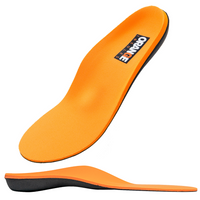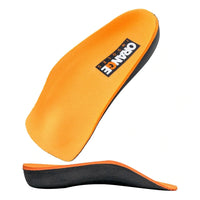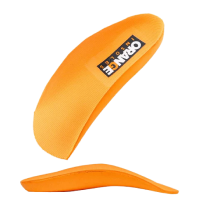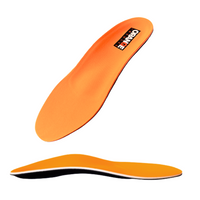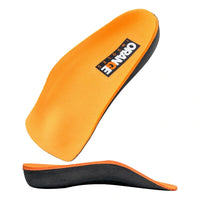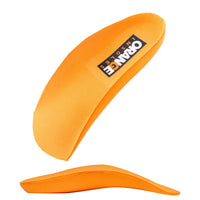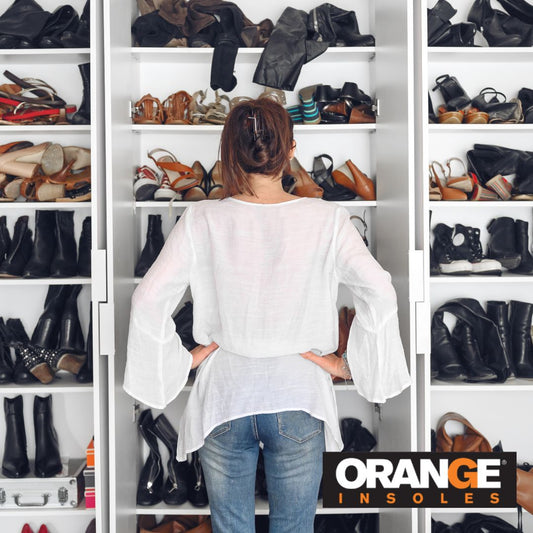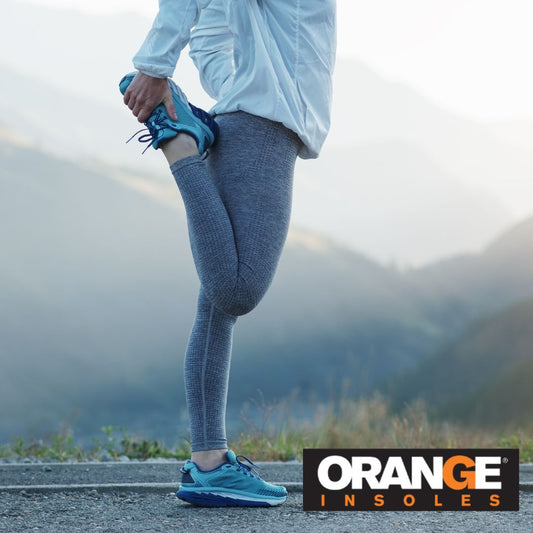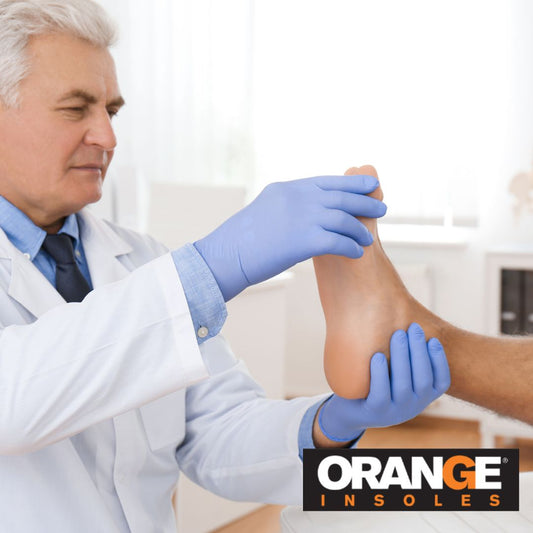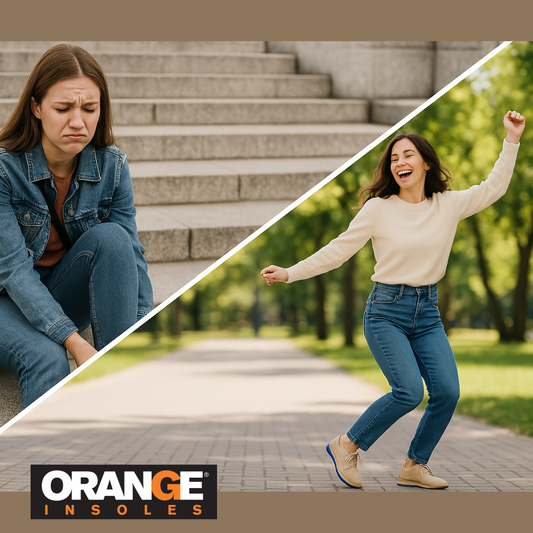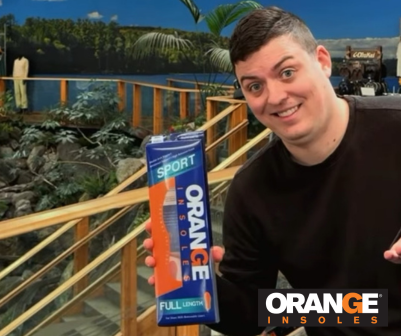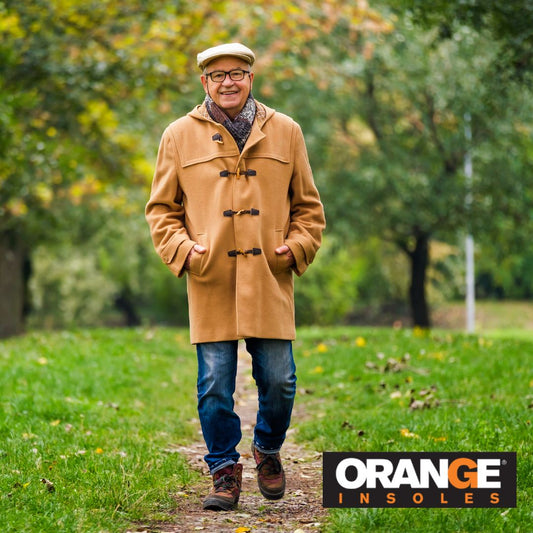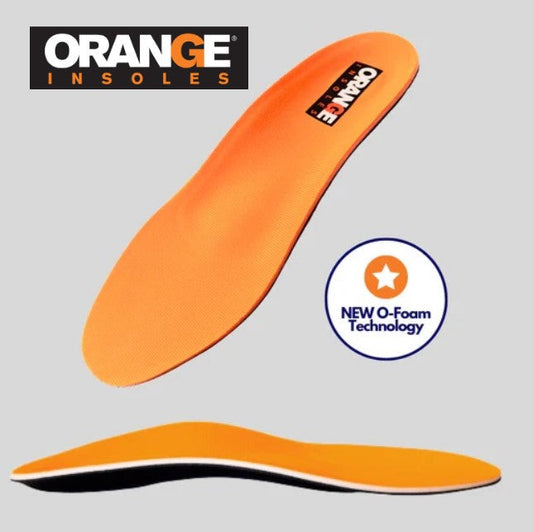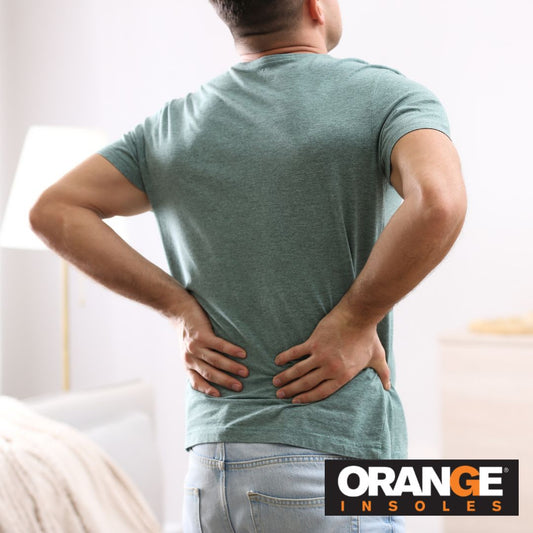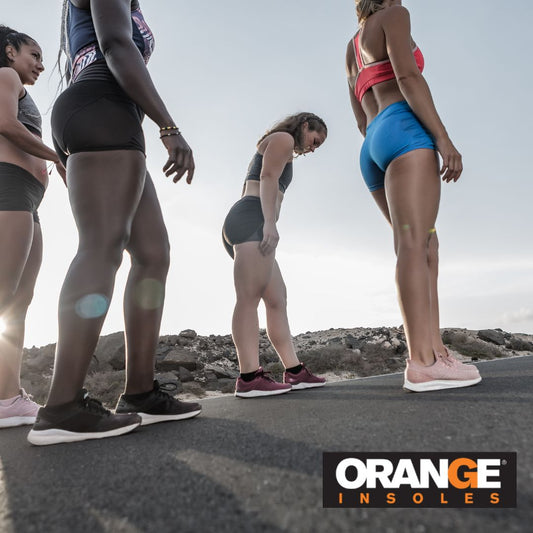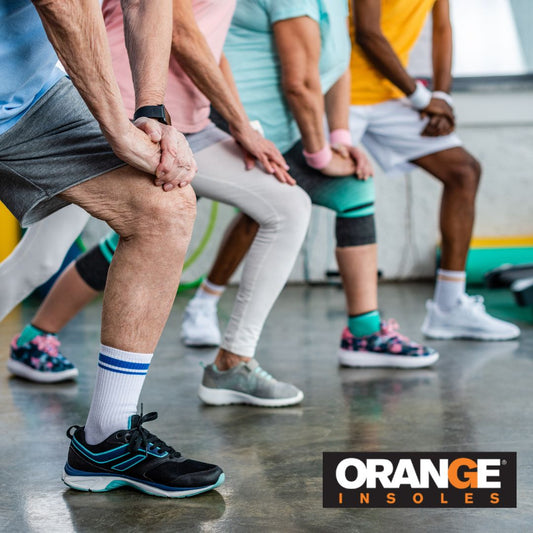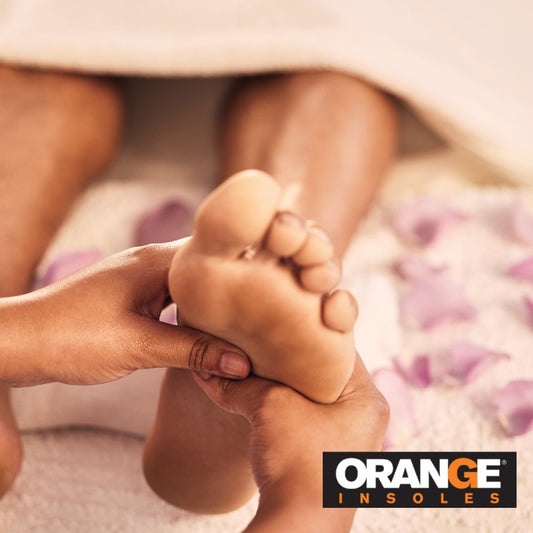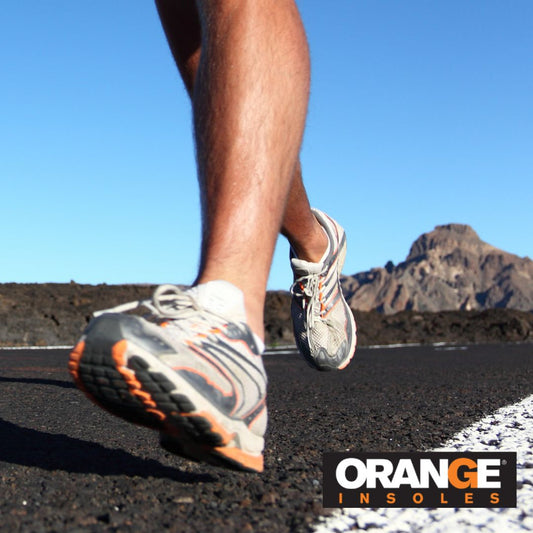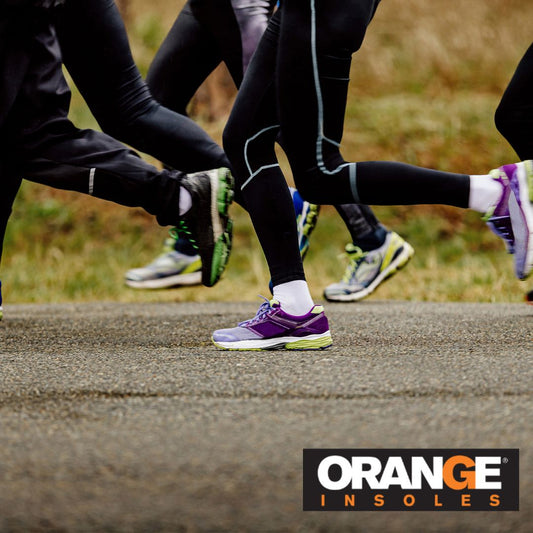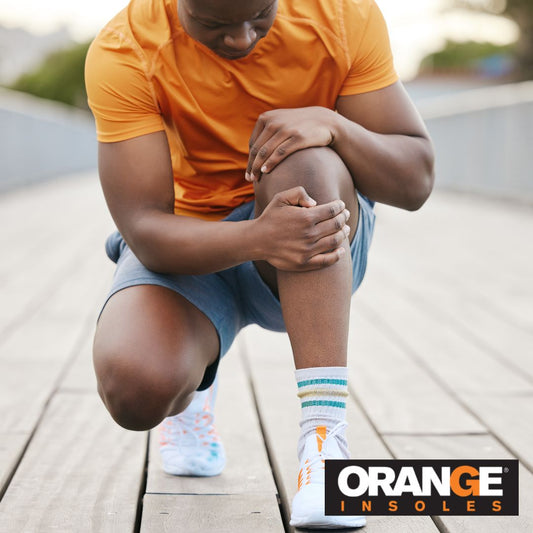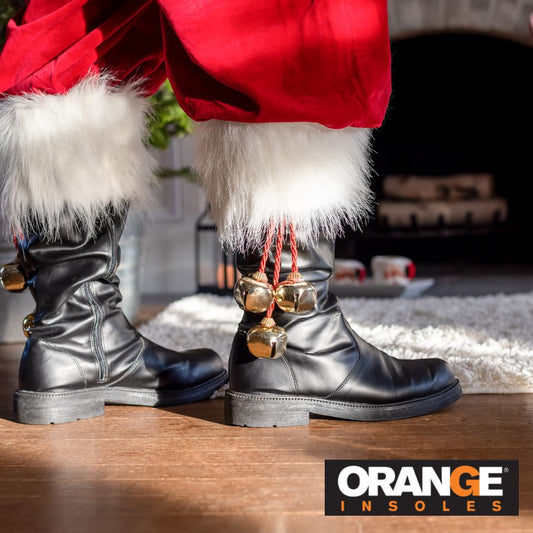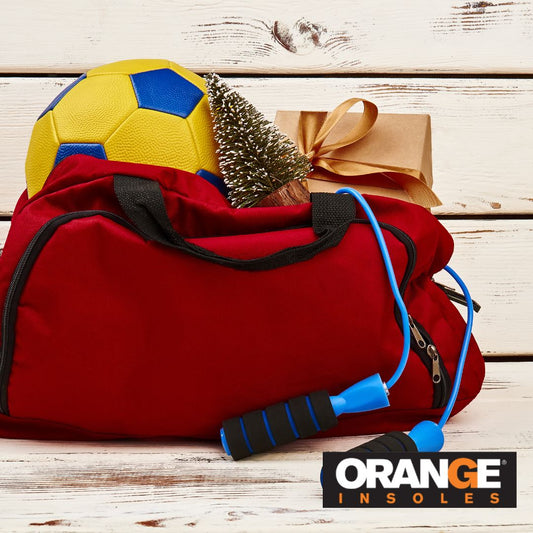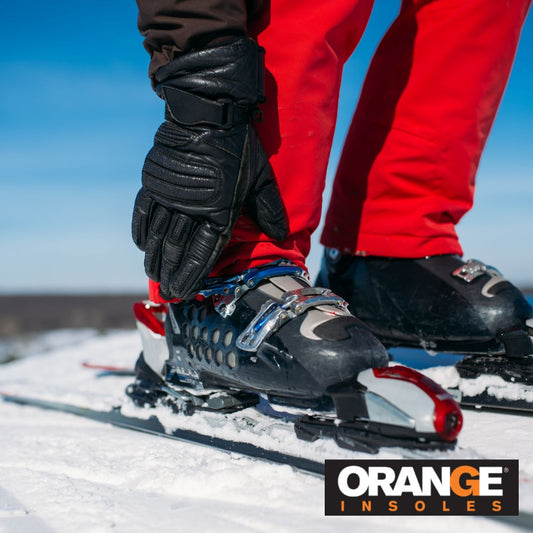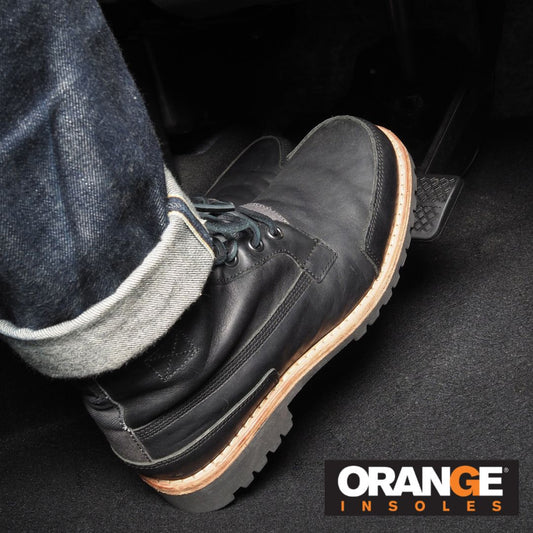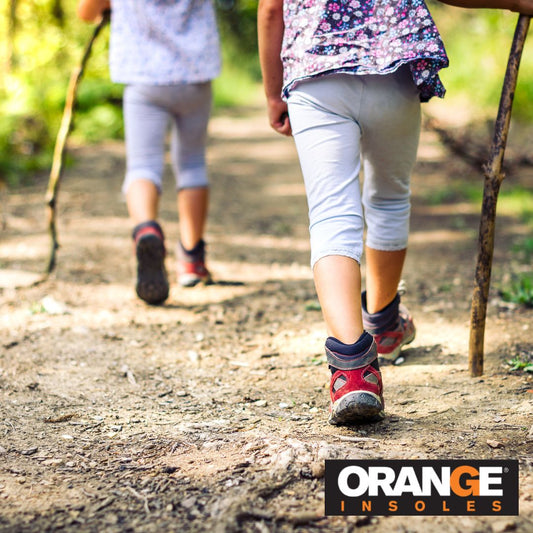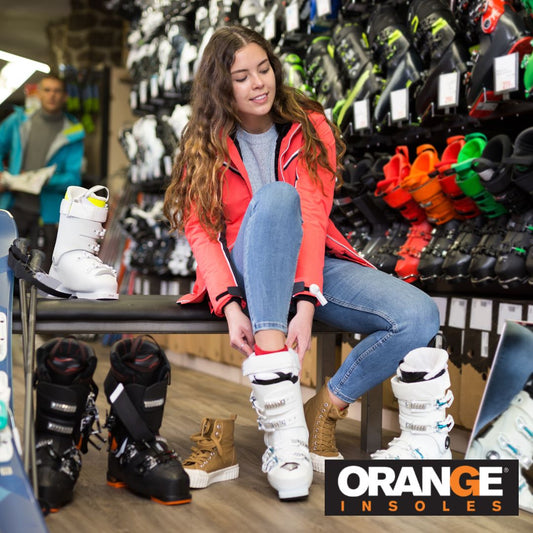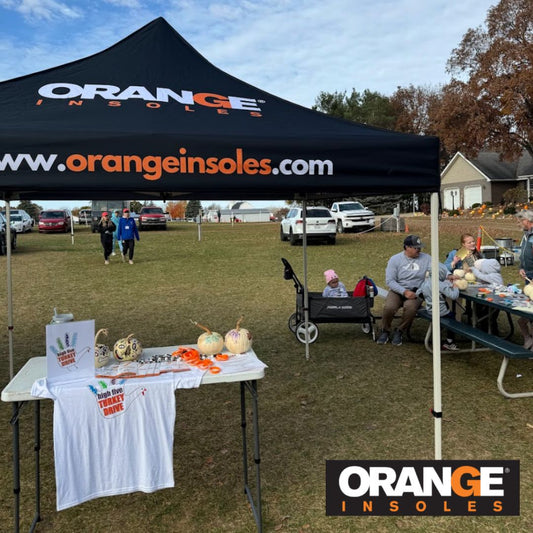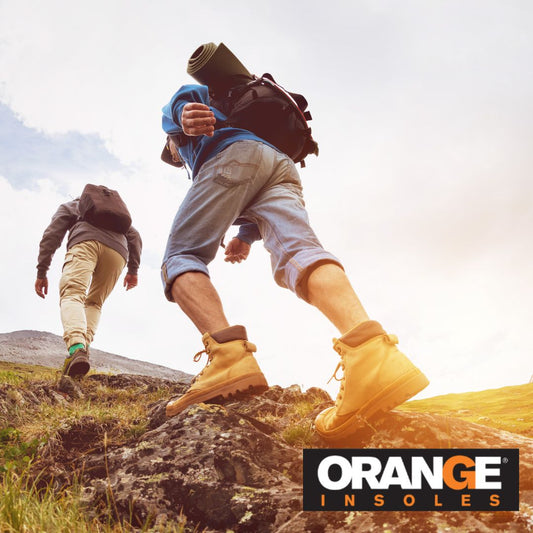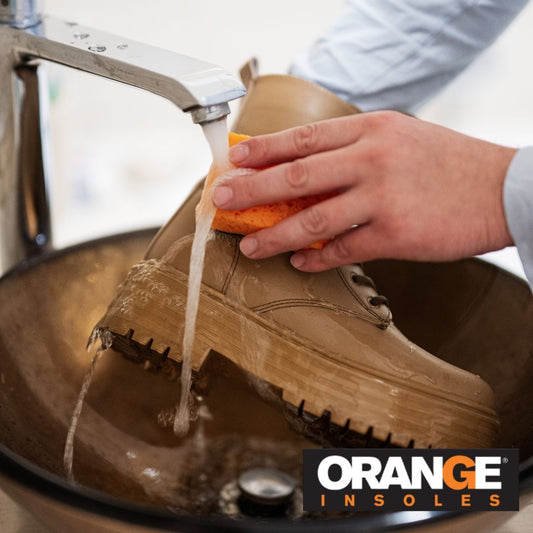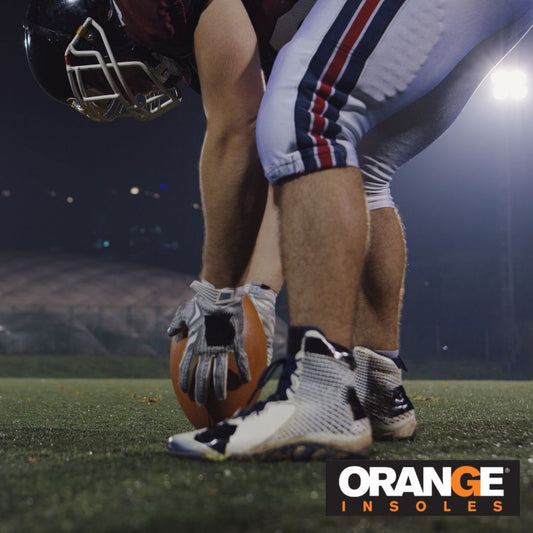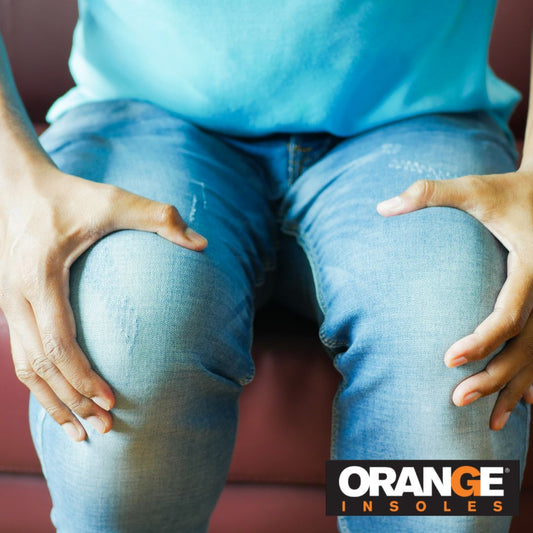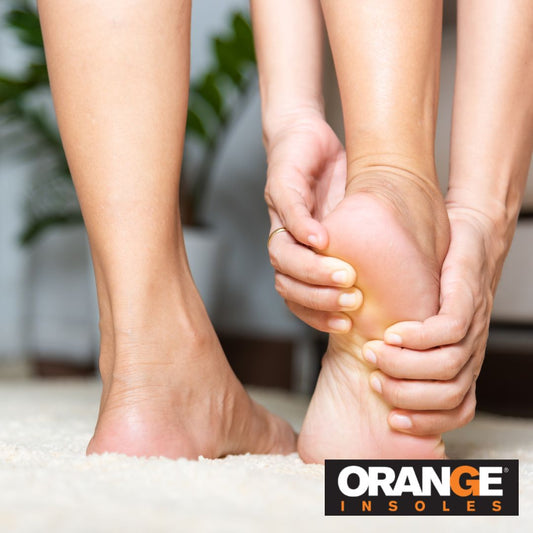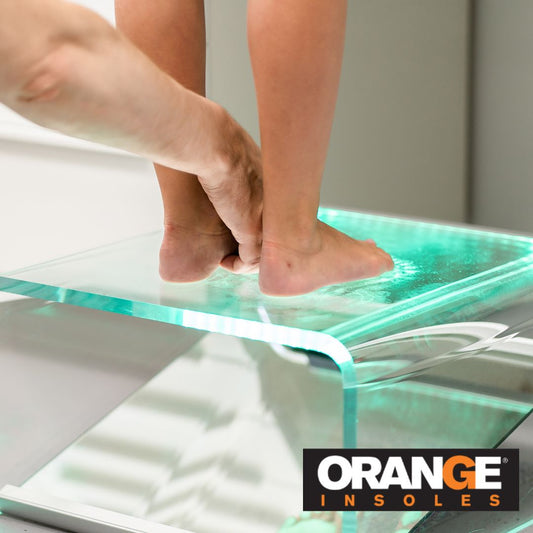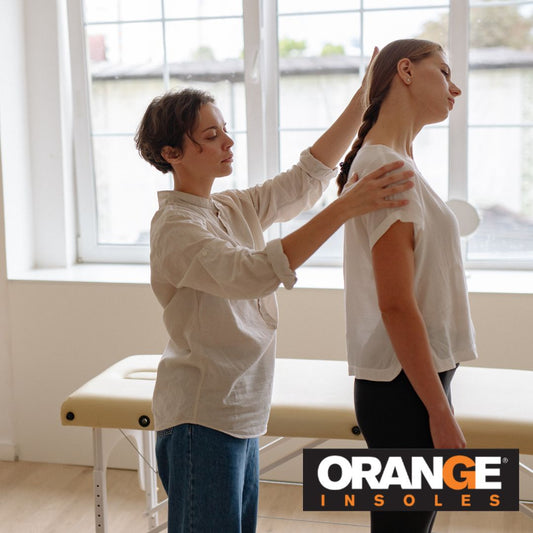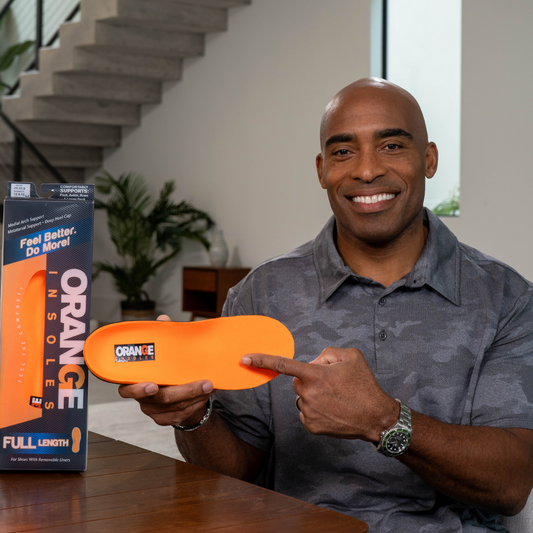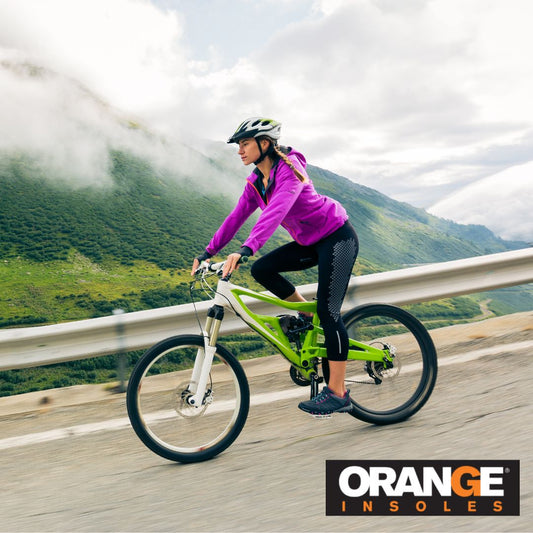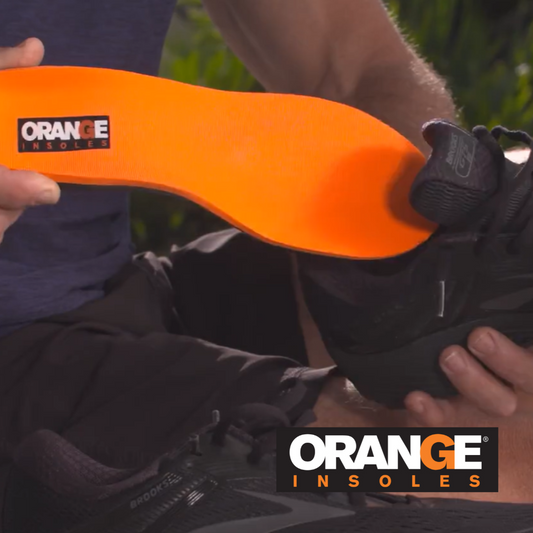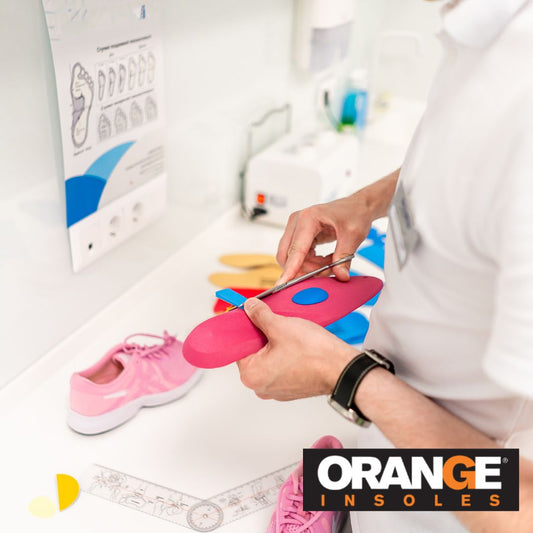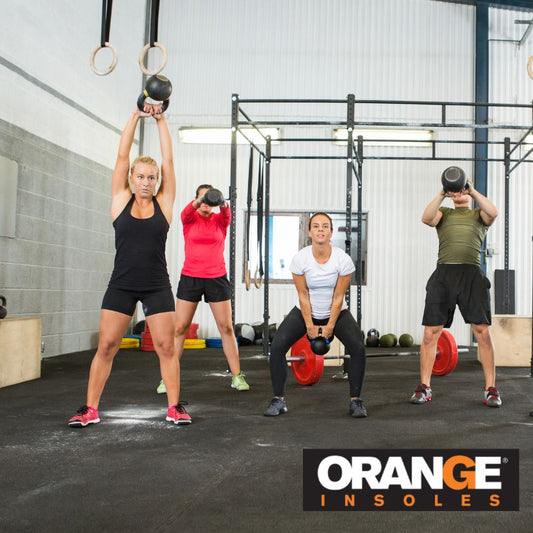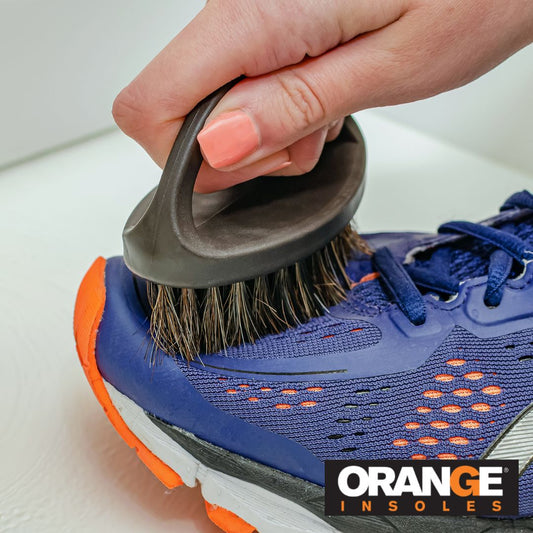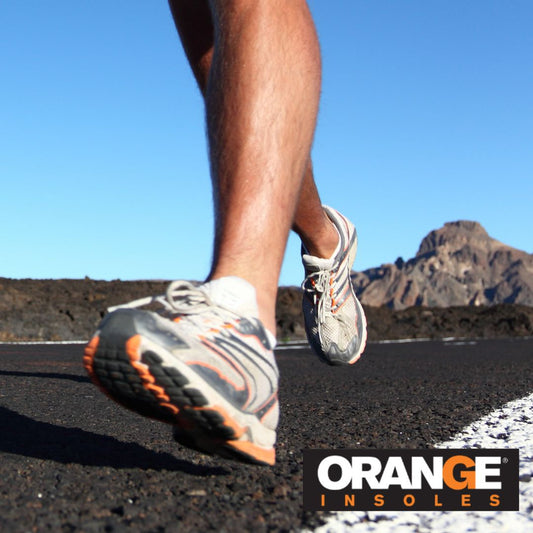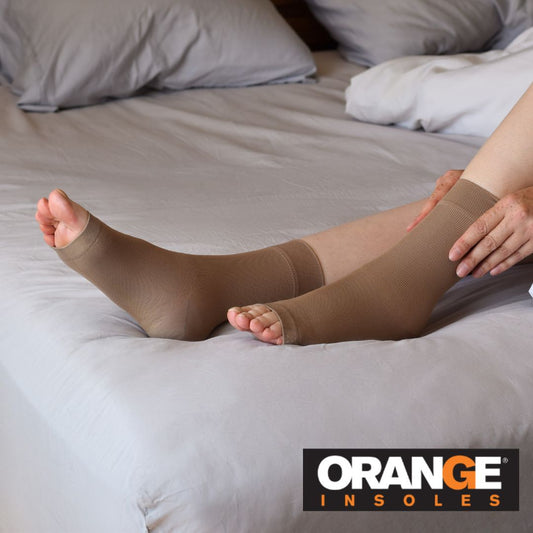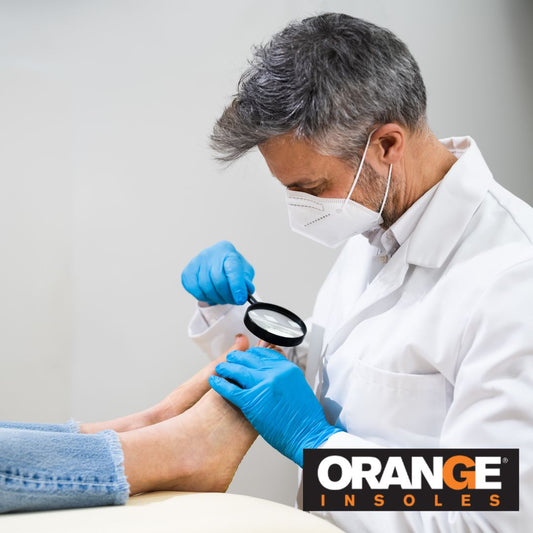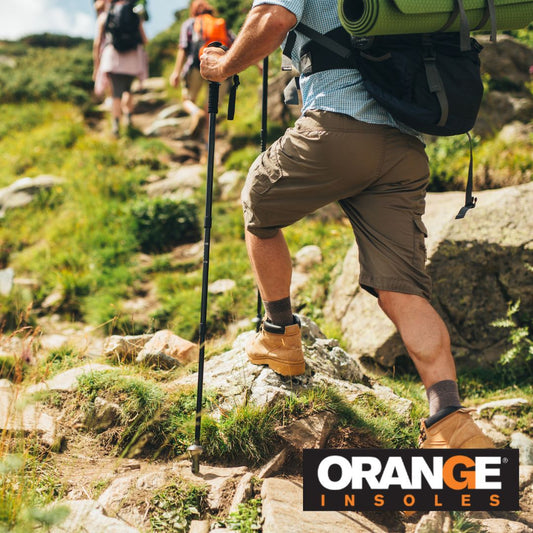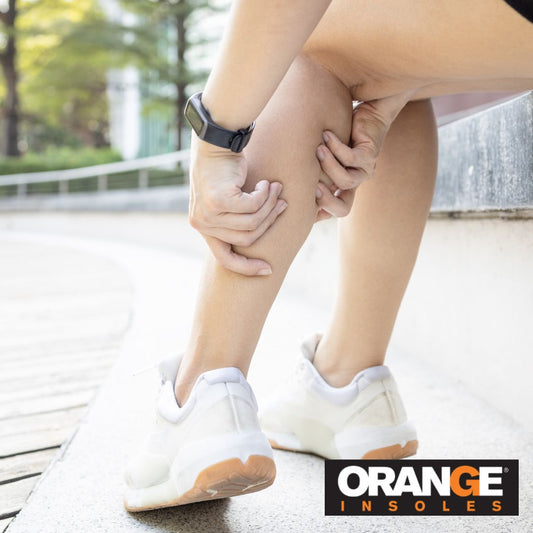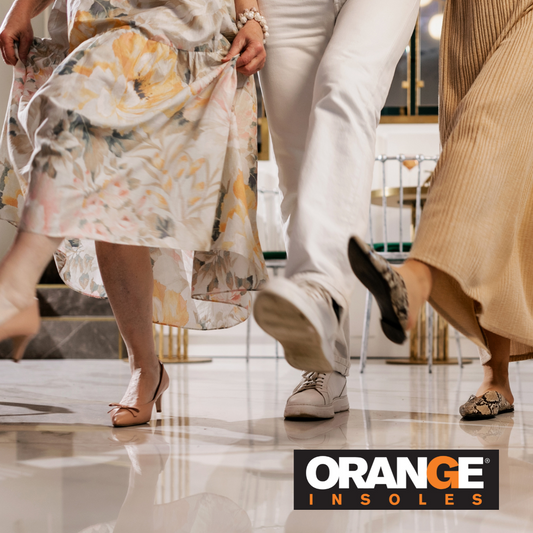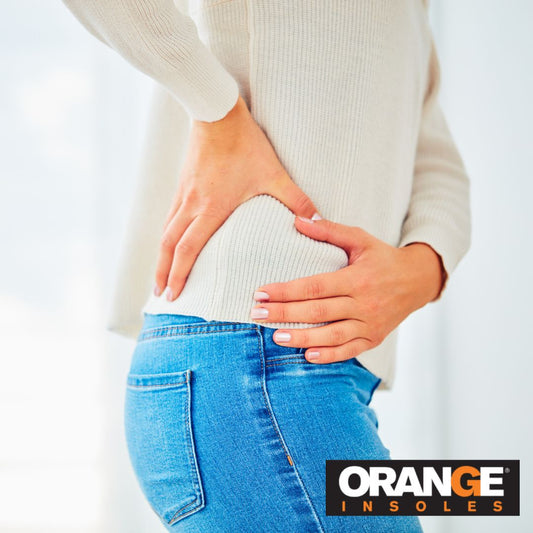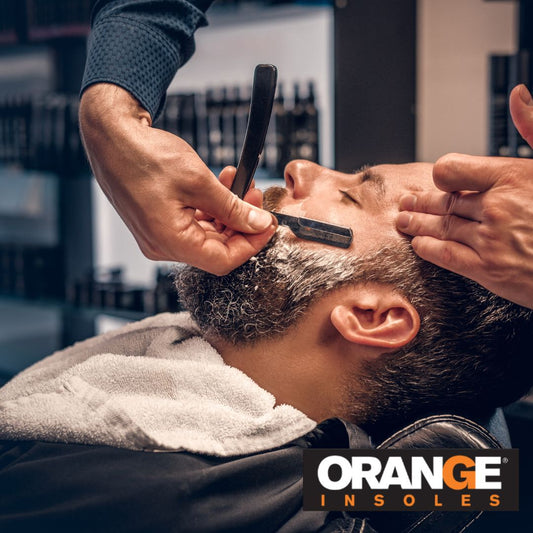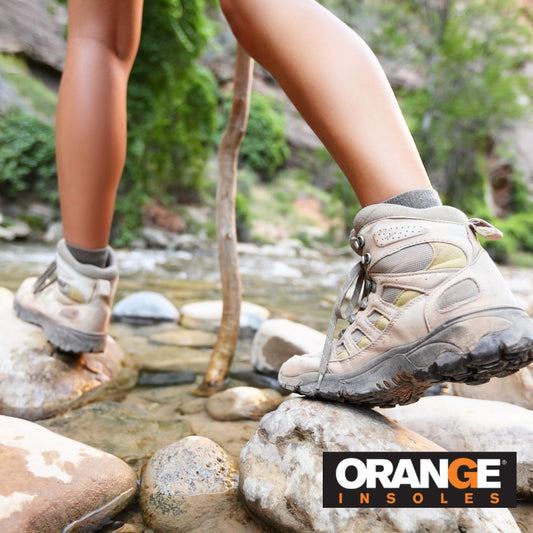If you were completing an endurance event, like running a marathon or climbing a mountain, you’d pay very close attention to what shoes you were wearing. But if you work retail, on your feet for 8 hours a day, 40 hours a week, do you pay as much attention to your footwear? Retail work is a day-in, day-out endurance event, so it absolutely makes sense to determine the best shoes for retail workers.
So what criteria should retail workers use to determine the right shoes? You’re looking to encourage two basic things for your workday here: correct alignment and proper weight distribution.
Correct Alignment
If you’re stocking shelves, managing inventory, or even wrangling shopping carts- you are moving. And if you’re moving, you’re engaging your gait. Your gait is impacted by your foot type, and you may be naturally inclined to overpronate, (where the foot rolls inward, placing too much weight on the inside of the foot,) or supenate, (where the weight is shifted to the outside of the foot.) Either of these can cause undue stress on the body.
On top of that, you may have a gait that is naturally very efficient... but tend to fall into overpronation or supenation after fatigue. And, as anyone in retail knows, falling into the same repetitive motions and tasks for hours at a time is a perfect recipe for fatigue.
This is why it’s so important that the best shoes for retail workers help keep the foot in correct alignment with the rest of the body.
A key element of encouraging correct alignment? Great arch support. If your footwear has strong support in the medial arch, it prevents the foot from rolling out of alignment.
We’ve talked about this in our post on the Anatomy Of A Shoe, but when you’re looking for a supportive shoe, you look for a nice wide base at the bottom of the shoe, (as a rule, the wider the base, the more support the shoe will offer,) and a high, firm contour in the midsole where the arch would fall.
Now, the downside to support: the more support a shoe has, the heavier it tends to be. (Think about work boots, as a good example.) And the more you move, the more fatigue wearing a heavy shoe will cause. So the best practice: find the lightest shoe you can that still offers the support you need. A running shoe might be a good candidate, since they tend to have a supportive base with a lighter mesh upper.
Proper Weight Distribution
Not every retail job requires a lot of running around. In fact, some require you to just stand in one place at a register, without moving at all. Does that mean you’re safe from the pitfalls of unsupportive footwear?
Unfortunately, standing still can put even more unwanted stress on the body, leading to sore feet, sore backs and more. The culprit here is improper weight distribution.
As you stand in one spot for long periods of time, your feet naturally begin to tire. As you experience fatigue, your body begins to compensate for this fatigue by shifting the weight from one part of the foot to another.
Improperly distributing weight can put pressure on your shins, knees, and back and lead to any number of pains and complaints. So how can you maintain proper weight distribution throughout your workday?
Part of the equation is arch support. An improperly supported arch will cause fatigue, which will cause you to start shifting to get through the register shift. And the temporary relief you get from that will cause nothing but problems down the road. So be sure to have good arch support.
The best shoes for retail workers also have a good heel cup to help keep the heel in place, and a metatarsal pad to help cushion and support the forefoot.
A Good Fit
Of course, if your shoes do not fit your feet properly, they will not support your feet properly for a long day at work.
An ill-fitting shoe, no matter how well designed, won’t support your feet in the right places or encourage your foot to stay where it needs to be. Which not only contributes to the aches and pains mentioned above, (like plantar fasciitis,) but also can lead to blistering.
So take the time to make sure your shoes fit your feet well before you rely on them to carry you through the workday. Make sure they are the right size, the right length, and the right width for your shoe. If you’re ever in doubt, head to a specialty shoe store and rely on a professional to help you find the right fit!
Lacking Options?
Sometimes, retail workers may not be able to pick out any particular shoe they want or need to support their feet. Maybe you are limited to shoes with non-slip outsoles, or need to wear a leather dress shoe to conform to a dress code. If you need to pick a shoe that lacks the support your feet need- don’t fret yet. A supportive insole might help!
If you’re limited in your shoe choices, or need to pick a non-supportive shoe for aesthetic reasons, look for the best shoe insole for retail workers: an insole with support.
Don’t make the mistake of picking the softest, gelliest insole under the impression that the ‘shock absorption’ will fix your support issues. Comfort does not equal support.
Look for the attributes listed above when selecting an insole for your shoe. Is there firm, medial arch support to aid in alignment? Is there a pad for the forefoot and a cup to hold the heel in place, ensuring proper weight distribution? If so, you may have a good solution to keep your feet happy at work.
Orange Insoles offers an insole with all of these attributes, in a range of sizes to fit most any style of shoe: from boots to flats and heels. Check out our inventory and find out how we can help with issues of work-related foot pain.
